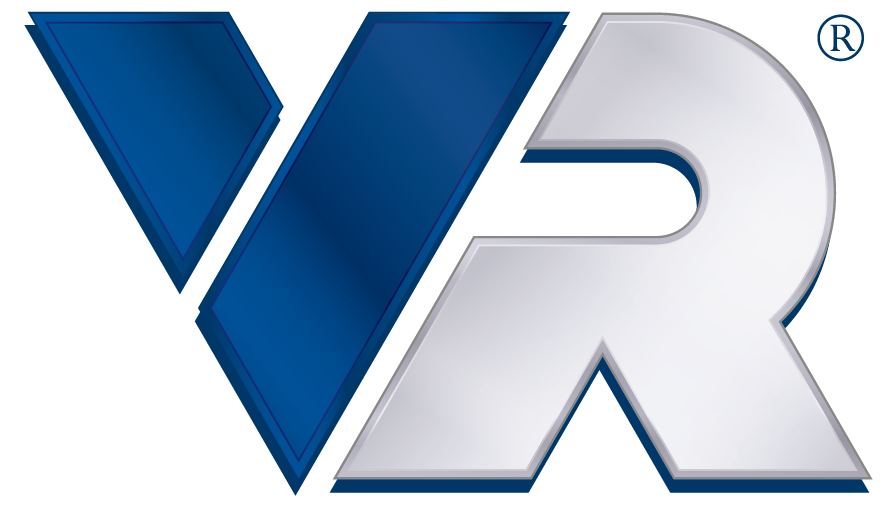What Is My Business Worth?
Every business owner wonders what their business is worth.
Of course, a business is worth what a buyer is willing to pay for it, just as is the case with a share of stock, a painting or a house.
In the case of Main Street businesses, the key factors that determine what a buyer is willing to pay are the following:
- Seller’s Discretionary Earnings (SDE).
- Risk.
- Terms of the Sale.
- Industry.

Seller’s Discretionary Earnings
The main factor of determining value of Main Street businesses is the total cash flow benefiting the owner – also known as Seller’s Discretionary Earnings (SDE).
SDE is calculated using the following six categories:
- Profit or loss as reported.
- Owner’s Salary.
- Discretionary Expenses.
- Non-recurring Expenses.
- Non-cash Expenses.
- Expenses not included in the P&L.
Once theses categories are added together and an SDE is developed, a multiplier is applied. The multiplier can range from 1 to 5 (or more), depending on many factors, to arrive at the appropriate value for the business.
Risk
The second valuation factor is the level of risk. Factors in this category include:
- Years in business and with the current owner.
- Profit trend.
- Quality of books and records.
- Franchise membership.
- Brand recognition/ strength.
- Level of competition.
- Dependence on current owner.
- Diversification of customer base.
- Lease length and terms.
- Asset value.
Terms of the Sale
This is the one source of value that the business seller can almost completely control.
Components of the terms include:
- Down payment.
- Interest rate.
- Monthly payment.
- Non-compete agreement.
- Seller training of buyer.
The majority of sales include the seller to provide some level of financing to the buyer of the business. With seller financing, the seller receives part of the purchase price at the time of the sale (“the down payment”) and the remainder over several years. The buyer uses the cash flow from the business to pay off the debt. Structuring a sale with attractive terms can significantly increase the value of a business.
Industry
Certain businesses are valued at five (or more) times the seller’s discretionary earnings while other businesses only bring 1 at a time. An important reason in determining the multiple of SDE is the industry of the business. Certain industries are more desirable than others.
Factors influencing desirability include:
- The fun and ease of operating the business.
- Location.
- Facilities.
- Employee relations.
- Operating hours.
- Growth potential.
In the case of larger mid-market companies, Seller’s Discretionary Earnings (SDE) are usually replaced by another cash flow measure, Earnings Before Interest, Taxes, Depreciation and Amortization (EBITDA). Future growth potential and projected earnings play a more prominent role in valuations compared to smaller businesses. The other factors – Risk, Transaction Terms, Industry – remain very important regardless of size.
Professional Valuation Services
VR offers business valuations free of charge, but we often recommend that sellers invest in more sophisticated third party valuations that develop more precise recommendations regarding selling price.
There is nothing more important in the selling of your business, but to do this accurately. We work with a number of excellent, nationally recognized business appraisal firms.The cost of these independent reports will vary depending on the size of the business and scope of the appraisal.
In all cases, though, the cost will be reasonable and will be fully reimbursed at closing.

The reports can generally by grouped into the following three categories
Value Analysis
This is a limited scope analysis that uses the income approach, the asset approach, and the market data approach to determine the fair market value of the business. This report is intended to establish the value of “Main Street” businesses. The report is approximately 40 pages and the turnaround time is 14 days after receipt of all documentation, and provides a summary of how the valuation conclusion was determined. Since most “Main Street” businesses are bought and sold on a multiple of cash flow, the basis of this valuation is Seller’s Discretionary Earnings (SDE). The analysis considers primarily historical and current financial performance and very little time is spent with the balance sheet.
The report contains the following:
- Historical Income Statement.
- Adjusted Cash Flow Statement (SDE).
- Comparable Sales (Market Approach).
- Summary of Common Size Financial Statistics.
- Summary Review of Each Valuation Approach.
- Valuation Conclusion and Justification.
Formal Valuation
The Formal Valuation is a limited scope business valuation intended for businesses with sales ranging up to $10,000,000. The report is approximately 50 – 70 pages, takes about 14 days to complete and provides detailed review of all aspects that were considered in determining the final valuation conclusion. The bulk of the report is the financial analysis and the valuation conclusion is based more on EBITDA rather than SDE and spends more time on current and future financial performance of the company than it does on historical performance. In addition to the earnings of the company, the balance sheet is also a key component of the analysis.
The report contains the following:
- Historical Income Statement.
- Adjusted Cash Flow Statement (SDE).
- Complete Financial Statement Analysis.
- Common Size Analysis.
- Ratio Analysis.
- Economic Outlook.
- Comparable Sales.
- Detailed Description of Each.
- Valuation Approach Considered & Used.
- Valuation Conclusion.
Merger & Acquisition Valuation
The Merger & Acquisition Valuation is a comprehensive business valuation for transactional purposes and is developed in accordance with the Uniform Standards of Professional Appraisal Practice. This valuation is intended primarily for mid-market companies with revenues in excess of $10,000,000, as well as for those companies that expect significant growth in the near and intermediate term. The basis of the valuation is future earnings with the historical performance playing only a limited role in the valuation conclusion. The selection of guideline companies comes from both the private and public markets, which tends to make the valuation conclusion more aggressive. This report is completely customized, ranges from 80 to 150 pages in length and takes about 3 – 6 weeks to produce.
Wonder no more.
Contact VR Business Brokers for a free, no-obligation estimate of the value of your business.


